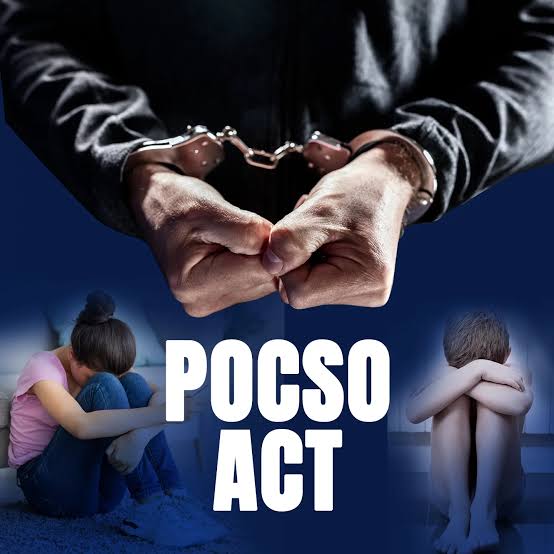


Merely downloading or watching child pornography on one’s personal electronic device does not constitute an offence under the Protection of Child from Sexual Offences (POCSO) Act and the Information Technology (IT) Act, the Madras High Court recently ruled.Justice N Anand Venkatesh quashed the proceedings initiated against one S Harish, who had been booked under the POCSO Act and the IT Act for having downloaded and viewed two child pornography videos on his mobile phone.At the end of the verdict, the Court also highlighted the rise in porn addiction among the youth. Calling for a measured approach to deal with the issue, Justice Venkatesh said,
"The Generation Z Children are grappling with this serious problem and instead of damning and punishing them, the society must be mature enough to properly advice and educate them and try to counsel them to get rid of that addiction."The High Court noted that Harish had admitted to having been addicted to pornography, but that he had never watched child pornography. Besides, the Court noted that Harish had not shared or distributed any pornographic videos, something that is essential to constitute an offence under the two Acts.The Court also recorded that Harish had volunteered to undergo counselling to get rid of such addiction.
“To make out an offence under Section 14(1) of Protection of Child from Sexual Offences Act, 2012, a child or children must have been used for pornography purposes. This would mean that the accused person should have used the child for pornographic purposes. Even assuming that the accused person had watched child pornography video, that strictly will not fall within the scope of Section 14(1) of Protection of Child from Sexual Offences Act, 2012...
...In order to constitute an offence under Section 67-B of Information Technology Act, 2000, the accused person must have published, transmitted, created material depicting children in sexual explicit act or conduct. A careful reading of this provision does not make watching a child pornography, per se, an offence under Section 67-B of Information Technology Act, 2000,” the High Court said.
TAGS: Madras High Court POCSO Act IT Act Justice N Anand Venkatesh